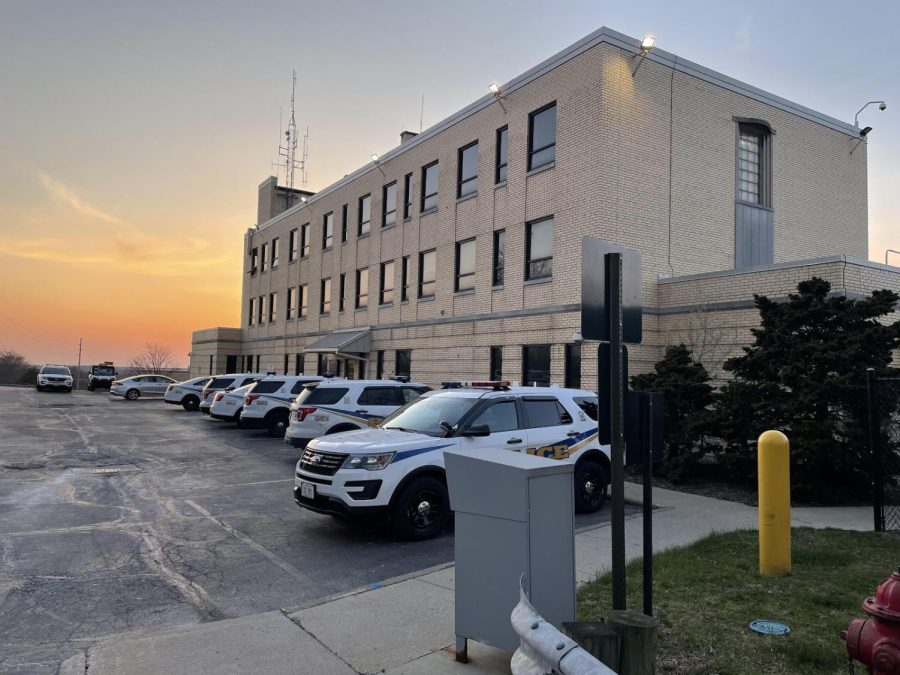Campus police work to combat poor mental health, stress in field
Kent State’s Police Services department is located in Stockade Safety Building on 530 E. Summit St. (The Kent Stater files)
April 9, 2021
An officer’s role at the Kent State Police Department can revolve around mental health crises on a daily basis, thus potentially being exposed to traumatic events.
“Officers need to acknowledge that they’re going to experience traumatic events,” said Jeff Futo, the CIT coordinator for Campus Police. “These experiences can change your life. They are going to affect you mentally and change your personal relationships.”
Founded by the U.S. The National Library of Medicine, it was reported that police officers are exposed to a higher number of severe stressors in their career. They also experience over three traumatic events every six months of service.
“Within a 25-year career, an officer can experience over 150 traumatic incidents,” said Community Resource Officer Tricia Knoles.
Being confronted by traumatic events can take a toll on an individual’s mental health.
The department utilizes the Crisis Intervention Team when assisting with mental health crises, designed to provide effective training and resources to law enforcement in mental health crises.
However, this research coupled with the experience officers may have to endure, raises the question of how respective departments maintain and address mental health.
“A department should have a procedure in place to address and support officers dealing with mental health,” Futo said. “This should be a level of open communication between officers and their administration.”
Since 2017, KSUPD has utilized the Critical Stress Management (CSM) policy. The policy outlines guidelines to support and manage officers affected by critical incidents.
“A lot of police departments don’t use policies like this,” Knoles said. “I have been told by other officers that their departments don’t even check on them after a critical incident.”
Critical incidents officers can experience involve situations that result in large numbers of victims, accidental discharge of a firearm with injury or use of force which resulted in death or serious injury.
“I found that one of the things officers do is that they take a lot of ownership when controlling a situation,” Futo said. “When things don’t go as planned or if they feel that they could have done more, they feel guilty.”
After being involved in a shooting earlier in his career, Futo said that he had his own experience dealing with mental health and guilt.
“When that guilt starts building up, officers begin to question what they could have done to prevent it, which creates this horrible loop that can take you down ugly places,” Futo said.
“It’s definitely nothing where you get to a point, it’s putting you down a deep dark hole filled with guilt and remorse,” Futo said. He recommends that if officers experience guilt to this extent, they should take time off the force.
The policy also uses critical Incident Stress Management (CISM) Peer Counselor, a significant component to CSM.
CISM Peer Counselors are responsible for monitoring and being a resource to the affected officer. They also work closely with the head officer of the department to ensure a safe recovery for the officer.
KSU police officers can also be trained as CISM Peer Counselors. The CSM policy outlines specialized training through the International Critical Incident Stress Foundation.
Aside from that, Futo said that improving officer wellness also depends on the affected officer.
“Inaction is a choice,” Futo said. “You have to be a person to recognize that you are having issues and acting differently. You have to be able to address them with appropriate resources.”
Cameron Alway covers diversity. Contact him at [email protected].












